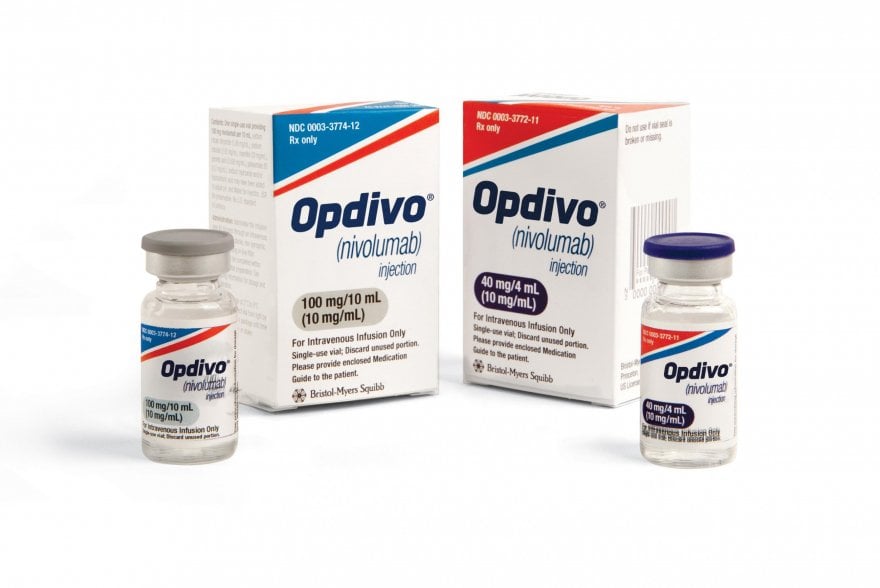Welcome to BioPharmaPulse
Greetings, BioPharma enthusiasts! Today, we're exploring groundbreaking developments that could reshape the landscape of cancer treatment and beyond. From innovative gene therapies to pivotal FDA approvals, this issue is packed with insights into the latest strides in biopharmaceutical innovation. Join me as we delve into the science that's driving the future of healthcare.
What's in this issue:
- 🧬 Unveiling potential breakthroughs in schizophrenia research
- 🚀 FDA's latest approval for lung cancer treatment
- 🤖 The role of AI in accelerating cancer research
- 🌐 Updates on obesity drug accessibility and impact
- 📰 Industry shifts and company updates you need to know
Inspiration of the Day
“Science knows no country, because knowledge belongs to humanity, and is the torch which illuminates the world.” – Louis Pasteur
Latest Developments
🧬 Scientists may have found the reason why people with schizophrenia hear voices (3 minute read)

Rundown: Scientists have made strides in understanding auditory hallucinations in schizophrenia. A recent study has identified disrupted motor signals in the brain that may cause individuals to hear voices, providing new insights into this poorly understood illness.
Key Points
- 🧠 Disrupted motor signals linked to auditory hallucinations
- 🧪 Study included control group and schizophrenia patients with/without hallucinations
- 💡 Findings may lead to non-pharmacological treatments like transcranial magnetic stimulation
- 📊 Up to 80% of people with schizophrenia experience auditory hallucinations
Why it matters: Understanding the neural mechanisms behind auditory hallucinations opens doors to targeted therapies. This advancement not only improves quality of life for those affected but also exemplifies the potential of neuroscience in treating complex mental health disorders.
🚀 BMS' Opdivo joins the perioperative lung cancer treatment ring with key FDA approval (1 minute read)

Rundown: Bristol Myers Squibb's Opdivo has received FDA approval for use alongside chemotherapy before surgery and as monotherapy after surgery in certain patients with resectable non-small cell lung cancer (NSCLC).
Key Points
- 🏥 FDA approved Opdivo combined with chemotherapy pre-surgery
- 💊 Opdivo to be used alone post-surgery in specific NSCLC patients
- 🔬 Targets patients without EGFR mutations or ALK rearrangements
- 🌟 Enhances treatment options in the perioperative setting
Why it matters: This approval enhances treatment strategies for NSCLC, offering a new perioperative therapy that could improve patient outcomes. It signifies progress in personalized medicine, tailoring treatments to specific cancer profiles.
🤖 AI is coming for lots of jobs. What about that of the cancer researcher? (1 minute read)

Rundown: Sam Altman, co-founder of OpenAI, envisions a future where artificial intelligence could significantly advance cancer research, potentially replacing traditional roles and accelerating the path to cures.
Key Points
- 🤖 AI could take over tasks of principal investigators in research
- 🧪 AI issuing experimental plans and tasks to human scientists
- ⏩ Potential to expedite cancer cure discovery
- 🌐 Sparks discussion on AI's role in scientific innovation
Why it matters: The integration of AI into cancer research could revolutionize how studies are conducted, enhancing efficiency and fostering breakthroughs. This reflects a broader trend of AI transforming various sectors within biopharma.
Question of the Day
❓ Do you believe AI will significantly accelerate cancer research breakthroughs?
- Absolutely, it's a game-changer
- Maybe, but with cautious optimism
- Unlikely, human intuition is irreplaceable
Trending
🌐 Eli Lilly obesity drug shortage ending threatens access to compounded tirzepatide
- Compounded versions of Eli Lilly's tirzepatide may become less accessible as the FDA declares the drug shortage resolved, impacting patients relying on cheaper alternatives.
🏥 UK government proposes phased rollout of Eli Lilly's weight loss drug
- The UK proposes prioritizing patients with the highest need in the rollout of Eli Lilly's weight loss treatment tirzepatide, aiming to reach 250,000 patients in the first three years.
Industry Insight
🔬 The Science Behind Gene Therapy in Cancer Treatment
Gene therapy represents a frontier in oncology, offering the potential to treat cancer at the genetic level. By introducing, removing, or altering genetic material within a patient's cells, gene therapy can target the root causes of cancer.
By understanding how gene therapy works, we grasp how precision medicine is evolving. This involves using vectors, often viruses engineered to be safe, to deliver genetic material to cells. This can activate the immune system against cancer cells or correct faulty genes causing uncontrolled cell growth.
Learning about gene therapy empowers us to appreciate its transformative potential in developing more effective and personalized cancer treatments.
Quick Hits
📰 Relay Therapeutics cuts another 10% of company, citing continued streamlining efforts (1 minute read)
- Relay Therapeutics announces layoffs affecting 10% of its workforce, aiming to streamline operations and focus on core programs despite recent capital raises.
🧪 Trevi Therapeutics Provides Update on Haduvio's Clinical Development Program (1 minute read)
- Trevi Therapeutics shares progress on Haduvio, its investigational therapy for chronic cough in idiopathic pulmonary fibrosis, highlighting recent clinical developments.
💊 FDA Declines to Approve Vanda's Marketing Application for Tradipitant in Gastroparesis (1 minute read)
- Vanda Pharmaceuticals reports that the FDA has declined to approve its application for Tradipitant, intended for treating gastroparesis, affecting its development path.
Wrap Up
Thank you for joining me on this journey through the latest in biopharmaceutical innovation. Together, we've explored how cutting-edge science is shaping the future of healthcare. I encourage you to share these insights with colleagues and friends who are passionate about advancing medicine. Your engagement fuels the pulse of BioPharmaPulse.
Warm regards,
Elliot Reeves | BioPharmaPulse
😊 How did you like today's email?
- 😀 Loved it
- 😐 It was OK
- 😞 Could be better
